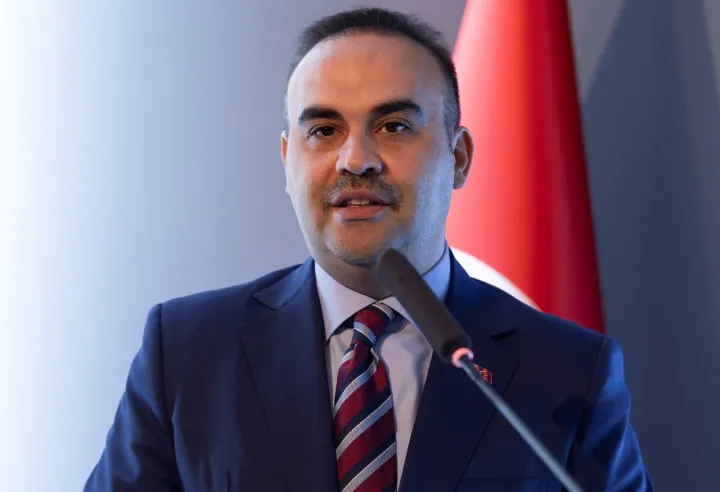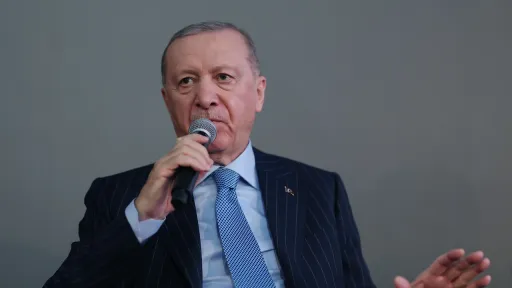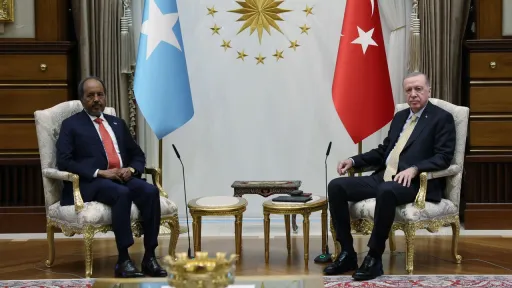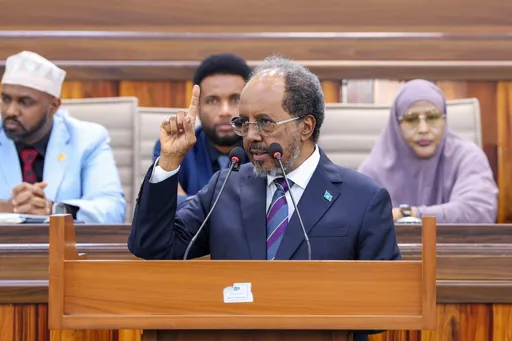Somalia said on Thursday there was no room for mediation in a dispute with Ethiopia unless Addis Ababa cancelled a controversial maritime deal with the breakaway region of Somaliland.
Tensions in the Horn of Africa have escalated after landlocked Ethiopia reached a memorandum of understanding with Somaliland on January 1 that gives it much sought-after access to the sea.
"There is no space for mediation unless Ethiopia retracts its illegal MOU and reaffirms the sovereignty and territorial integrity of Somalia," the country's foreign ministry said in a statement posted on its official social media accounts.
The comment comes after the African Union's conflict resolution body on Wednesday discussed the crisis between the two neighbours.
IGAD summit
The Peace and Security Council called on them "to exercise restraint, de-escalate and engage in meaningful dialogue towards finding a peaceful resolution of the matter".
East Africa grouping IGAD is also holding an extraordinary summit in Uganda on Thursday on the Ethiopia-Somalia feud, as well as the conflict in Sudan.
Other international players including the United States, European Union, China and the Arab League have also called for Somalia's sovereignty to be respected.
Mogadishu has branded the pact an act of "aggression" by Ethiopia, which has in turn insisted no laws have been transgressed.
Somalia's President Hassan Sheikh Mohamud has also warned it could open the way to a "revival" of Al-Shabaab, the Islamist militant group that has been waging a bloody insurgency against the central government for more than 15 years.
'Blatant attack'
Arab League chief Ahmed Aboul Gheit on Wednesday described the MoU as "a blatant attack against Arab, African and international principles, and a clear violation of international law".
Under the pact, Somaliland agreed to lease 20 kilometres (12 miles) of its coast for 50 years to Ethiopia, which wants to set up a naval base and a commercial port on the coast.
Somaliland is a former British protectorate facing the Gulf of Aden which declared its independence from Somalia in 1991, a move not recognised by Mogadishu or the international community.
However, Somalia's fragile central government in practice exercises little authority over the affairs of the region, which has its own government, security forces and currency.
Port access
Ethiopia, the second most populous country in Africa and one of the biggest landlocked nations in the world, was cut off from the coast after Eritrea seceded and declared independence in 1993 following a three-decade war.
Addis Ababa had maintained access to a port in Eritrea until the two countries went to war in 1998-2000, and since then Ethiopia has sent most of its trade through Djibouti.
Ethiopia and Somalia have have a history of stormy relations and territorial feuds, fighting two wars in the late 20th cen tury.
➤Click here to follow our WhatsApp channel for more stories.
























